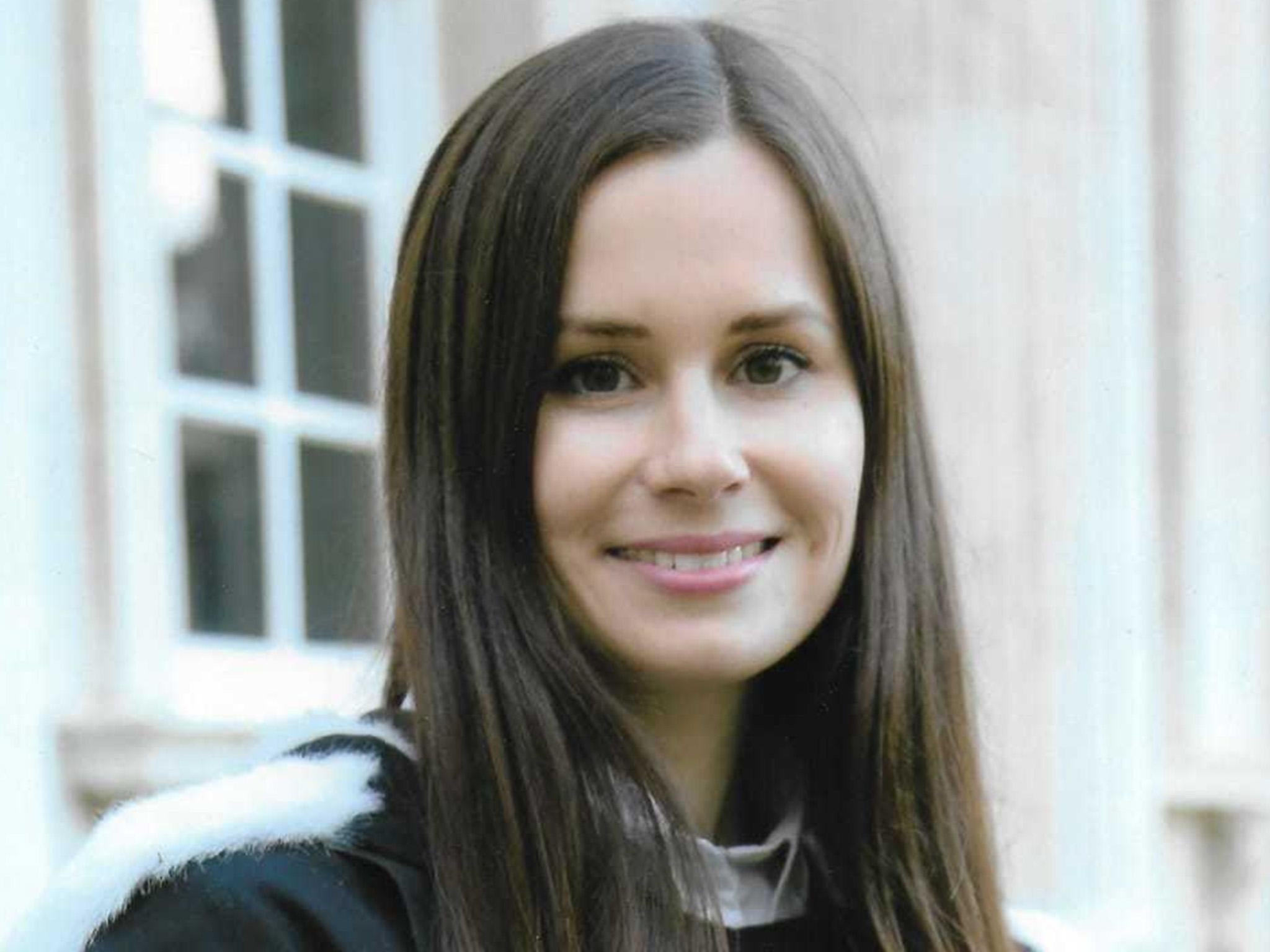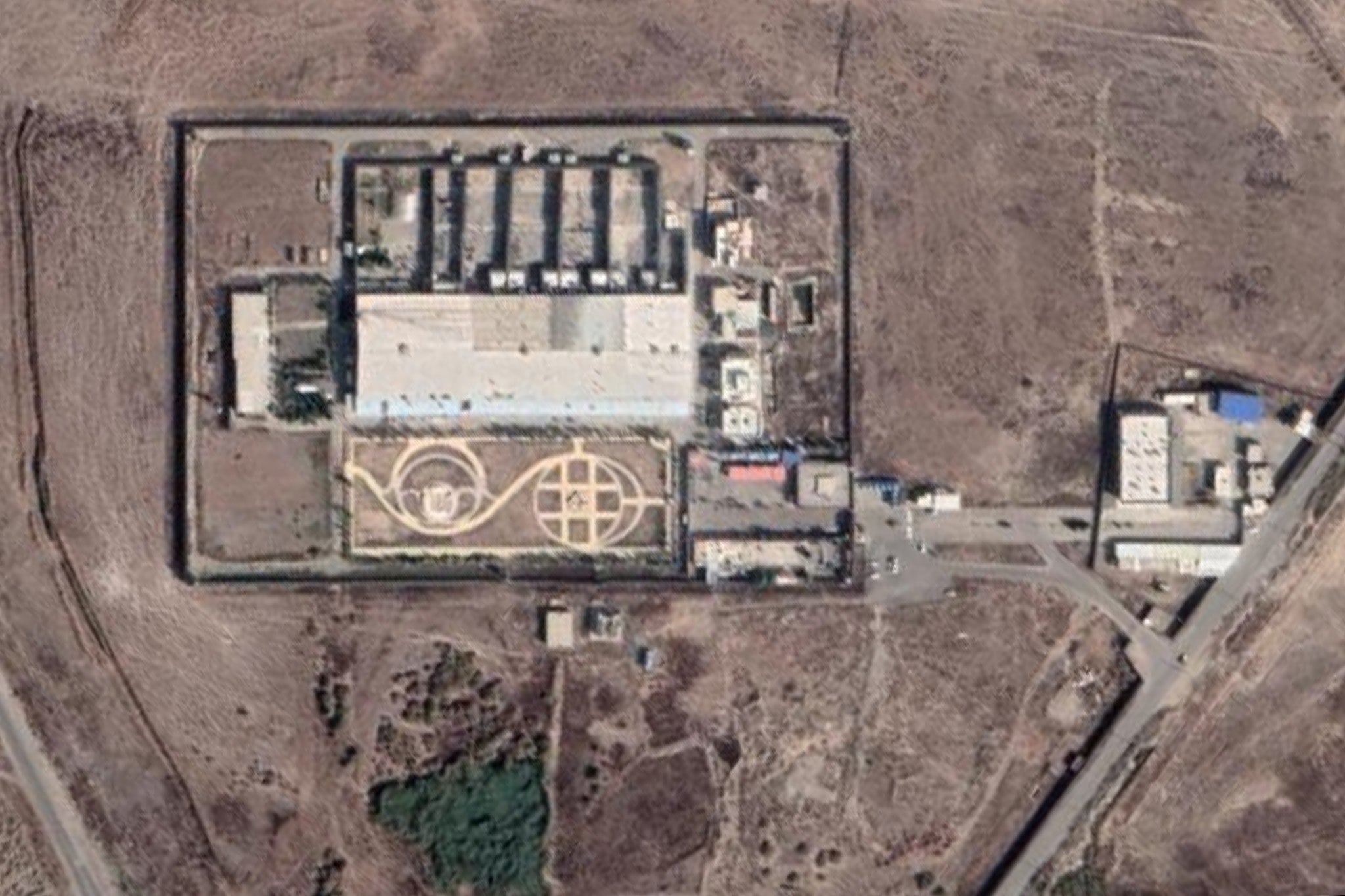Kylie Moore-Gilbert: British-Australian lecturer moved to Iran's notorious desert jail
Academic transferred to remote prison as she nears second anniversary of detention

A British-Australian academic jailed in Iran on claims of spying has been transferred to a remote jail notorious for allegations of dangerous conditions and ill treatment of prisoners, according to human rights campaigners.
Dr Kylie Moore-Gilbert, listed as a specialist in Middle eastern politics at the University of Melbourne, had been serving a ten year-sentence in a Tehran jail before being moved to Qarchak prison, which activists say suffers from a lack of medical care, drug problems and abuse between prisoners.
Dr Moore-Gilbert was reportedly jailed on claims of spying. Evidence of her conviction has not been made public by Iranian authorities but her imprisonment was revealed last year by the Australian government. Dr Moore-Gilbert strongly denies all charges against her.
News of her transfer was announced by Reza Khandan, a campaigner and husband of jailed human rights lawyer Nasrin Sotoudeh.
In a phone call with Mr Khandan from prison, Dr Moore-Gilbert said: “I can’t eat anything ... I’m so disappointed ... I’m so very depressed.”
She told Mr Khandan that she had last spoken with her family around one month earlier.
A report into conditions at Qarachak prison, published in March by Iranian human rights activists, found there was a lack a medical and dental care, widespread drug use and instances of rape and other abuses among prisoners.
It also found that prisoners with contagious diseases are not separated from others. Coronavirus is reportedly present in the prison.
Iran temporarily released more than 100,000 prisoners due to concern over the spread of Covid-19.

Dr Moore-Gilbert was arrested in September 2018 after attending an academic conference at which she was due to speak. Her imprisonment was revealed a year later by the Australian government.
Marise Payne, Australia's foreign minister, said she had been in contact with Tehran several times regarding the imprisonment of Dr Moore-Gilbert, along with two other prisoners.
Dr Moore-Gilbert has been silent since January, when a series of letters written between July and December 2019 were smuggled out of Evin prison, where she was previously held.
In the letters, she protested her innocence and spoke of her “extremely restrictive detention” which was severely damaging her mental and physical state. She noted on several occasions that she was on hunger strike.
She also claimed Iran's Islamic Revolutionary Guard Corps, a military body who deal with intelligence, had offered her work as a spy, an offer she denied.
Join our commenting forum
Join thought-provoking conversations, follow other Independent readers and see their replies
Comments
Bookmark popover
Removed from bookmarks